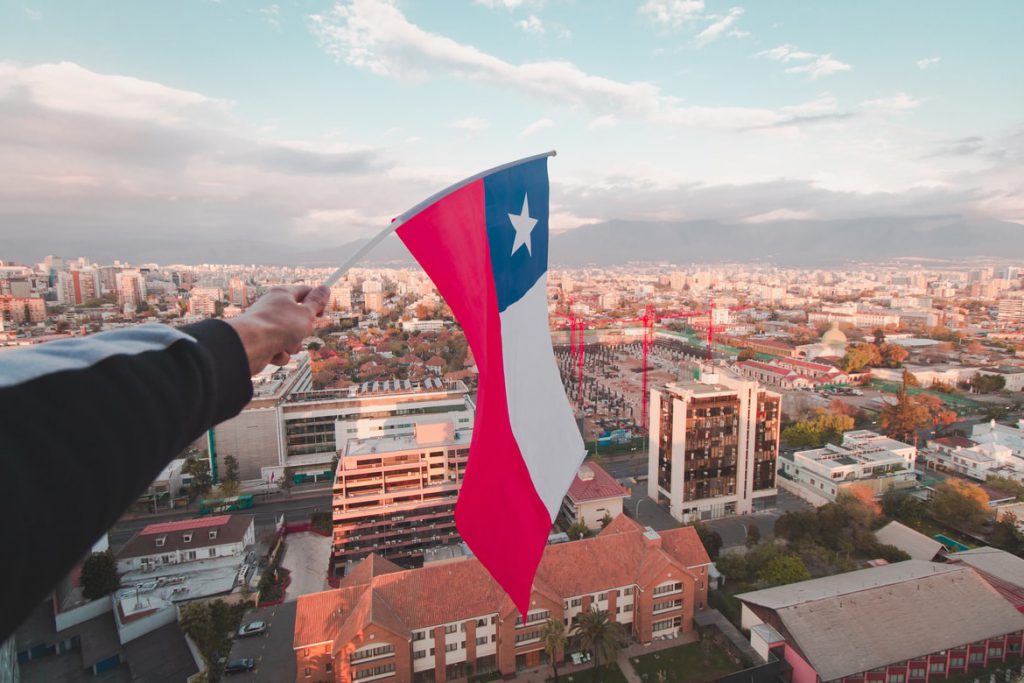The jus soli and jus sanguinis foundations of Chilean nationality law demonstrate the country’s dedication to inclusion and acknowledgment of many citizenship paths. Article 10 of the Political Constitution of the Republic of Chile governs nationality law.

Birth in Chile
The idea of jus soli, which automatically confers citizenship to anybody born inside the boundaries of the country, is the foundation of Chilean nationality law. This implies that everybody born in Chile automatically acquires the nation’s citizenship. However, there are exceptions for children of people working for foreign governments or foreigners who aren’t residents of the nation. Surprisingly, even these exclusions may apply to citizenship in the nation, demonstrating the country’s dedication to adaptability and tolerance.
Chilean nationality by descent
By the jus sanguinis concept, Chilean nationality transcends geographical limits. The significance of ancestor connections is shown by the fact that children of Chilean citizens born abroad receive their parents’ nationality. The statute acknowledges both the relationship via grandparents as well as the direct lineage, highlighting the intricate fabric of the nation’s identity that cuts beyond national boundaries. This clause guarantees that the Chilean diaspora maintains ties to its origins and culture.
Naturalization
The route to Chilean nationality for persons who were not born there is the naturalization procedure. To qualify for this status, foreigners must meet some requirements, such as permanent residency in Chile and five years of continuous residency. This procedure honors the contributions of immigrants in creating Chile’s cultural mosaic while simultaneously reinforcing the importance of loyalty to the country.
Reclaiming one’s nationality as Chilean
Article 12 of the nation’s Constitution guarantees the preservation of one’s nationality and entitles anyone who has had their Chilean nationality revoked by administrative authorities to restore it. This clause demonstrates the dedication to justice and fairness by giving people the ability to correct any unfair loss of their nationality. Chile’s commitment to maintaining the rule of law is further shown by the option to file a complaint with the Supreme Court.
Chilean dual citizenship
It all depends on the country of your birth. Dual citizenship is permitted in Chile. According to Chile, foreigners who choose Chilean citizenship are permitted to retain their prior nationality. However, you will have to give up your present citizenship to get this citizenship if your country of origin forbids dual citizenship.
How to apply for citizenship in Chile
If you fit the following criteria, you may apply for the country’s citizenship:
- Hold a permanent resident visa.
- Reside in Chile for over five years (or two with a Chilean family link).
- Clear criminal record (minor offenses may not hinder application).
- Document proving adequate monthly income from a job or pension for Chilean living.
- Apply for citizenship with a Chilean ancestor (parents/grandparents with or had citizenship).
If you are applying through the ancestor path, you must fulfill some prerequisites to apply. A birth certificate should be provided as proof of your relation to the individual with Chilean nationality. Send a form to the country’s Civil Registry to be registered. This is possible in Chile and the majority of the country’s consulates.
How to become a Chilean citizen
Submit an online application on the immigration service’s website. The PDI will reach out to you to plan a meeting in the wake of making the request. Kindly show patience; it could take them as long as a year to hit you up. The immigration office will tell you of its status or request additional data after looking into your application. If accepted, you’ll have to pay the costs associated with getting your Decreto Exento. This will make it easier for you to apply for a passport and Chilean ID at a Civil Register Office.
You may also find these articles helpful
